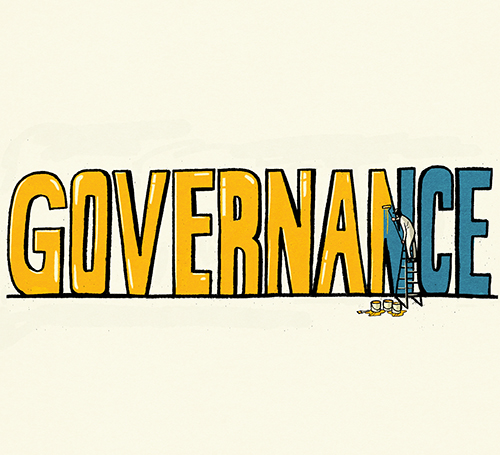There are no perfect models
Editorial: The thorny issue of scheme governance has raised its head once again, with the publication of research by Cardano.
It suggests there is insufficient accountability among trustees, who, provided they have taken advice can consider themselves ‘off the hook’
I’m sure very few trustees are quite so blasé about their responsibilities, however, it is true that complacency is a dangerous force to be given space within any group structure. That said, there is a difference between not coping and not caring.
Things undoubtedly get stretched when complex instruments – such as liability-driven investing – are introduced and trustees struggle to catch up, says Paul Murphy, head of strategy at TPT Retirement Solutions.
“For the effort, costs and the risks they are taking, if they’re still not getting it right, they need to ask whether it is sustainable,” he says.
This is the argument for outsourcing and it is hard to deny. To say that governance is important and must be improved is motherhood and apple pie.
However, Richard Butcher of PTL – and the next Pensions and Lifetime Savings Association supremo – dismissed Cardano’s findings as “simplistic” because “it points the finger at the trustee and employer”.
A recent survey by Sackers found that skills and an ability to contribute effectively to the trustee board are more important than technical pensions knowledge alone.
While professional trustees bring experience, lay trustees have other skills, including an understanding of what makes the members – and the employer – tick. They are complementary, and provide the scheme with checks and balances.
One of the favourite terms used by advisers and service providers today is the word ‘alignment’. Everything is aligned as proof of a more efficient, better functioning process, be it admin, investment or governance. But that always depends upon how things become aligned.
Consensus is a preferable state, but not if it fosters an environment of groupthink.
Groupthink develops in homogeneous groups, such as the cohort of white, middle-aged men that constitute the bulk of professional trustees and advisers.
An antidote to groupthink is to introduce what many consider the primary problem with trust-based DB; lay trustees. Dr Iain Clacher of Leeds Business School says the presence of lay or member-nominated trustees can disrupt this ‘alignment’ and introduce diversity.
The trustee model is not perfect, but show me one that is. High levels of regulation failed to prevent the financial crisis, so perhaps the industry should ponder the role of the trustee in terms of Peter Drucker’s definition of the successful person, who is “someone who places more attention on doing the right thing than doing things right”.


